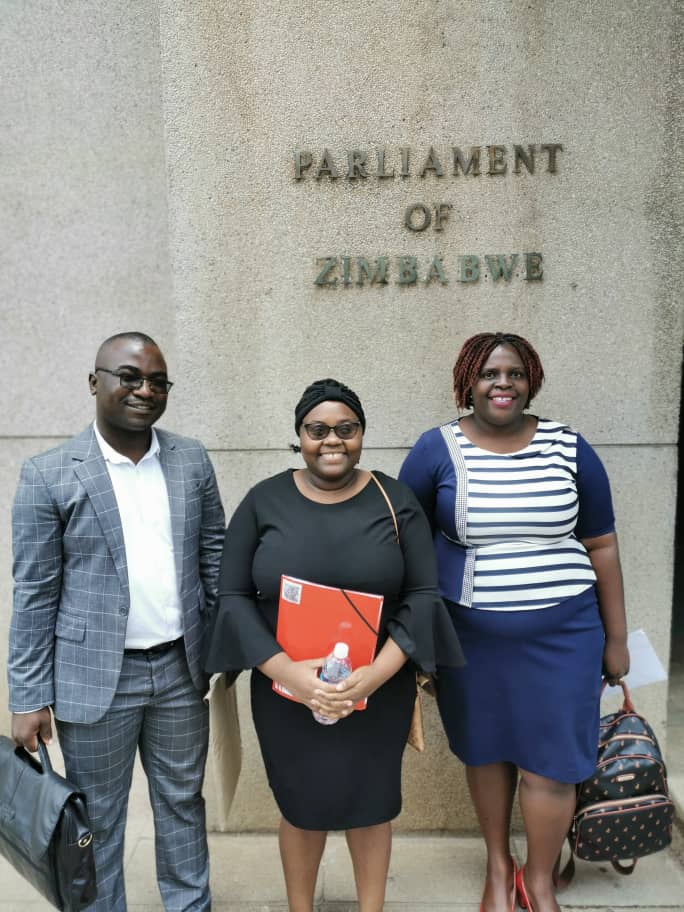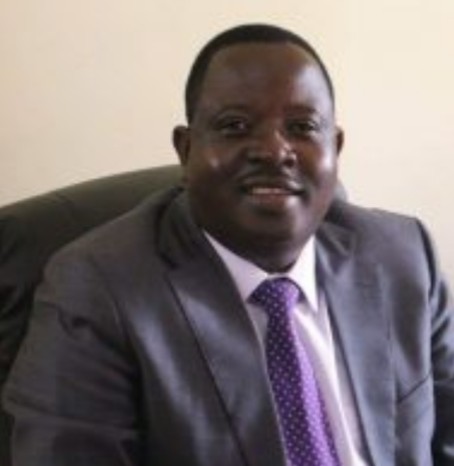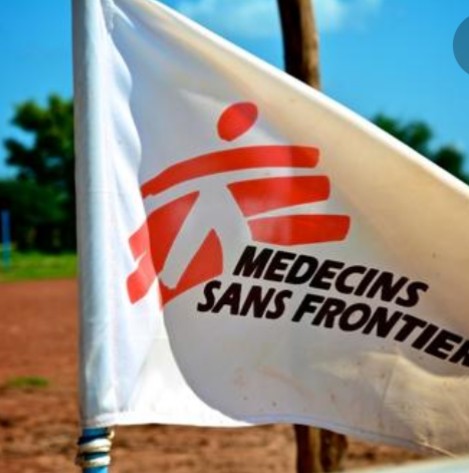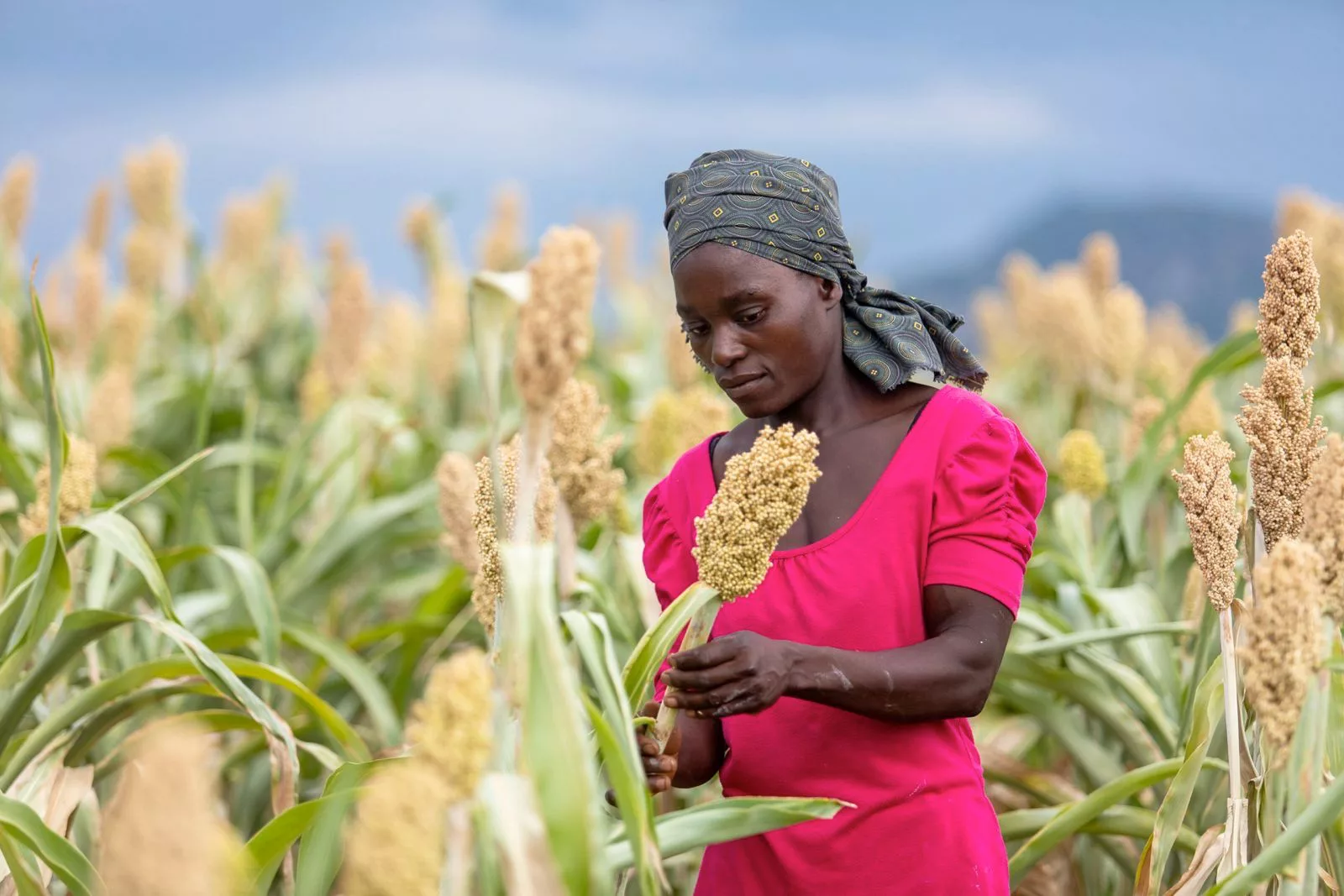The Institute for Young Women’s Development (IYWD) yesterday presented a petition to Parliament on the hiking of candidate nomination fees and the cost of accessing electoral information by the Zimbabwe Electoral Commission (ZEC) with approval from the Ministry of Justice Legal and Parliamentary Affairs, submitted to the Parliament of Zimbabwe on the 2nd of September 2022.
Speaking to this publication on the sidelines of the launch of the Charter on Women’s Political Participation and Decision-Making in Harare yesterday, Kudakwashe Munemo, the Knowledge Management and Documentation Coordinator for IYWD said the petition was meant to lobby Parliament to repeal Statutory Instruments 144 and 145 and revert to the 2018 nomination figures in pursuit ensuring affordability, gender, and disability sensitiveness to increase the number of women in political leadership.
“IYWD you submitted a petition to Parliament. We appeared before the Committee on Justice, Legal, and Parliament Affairs to give oral evidence regarding the hiking of nomination fees and the cost of accessing electoral information as contained in Statutory Instruments (SIs 144 and 145 of 2022.
“These SIs are unconstitutional. They violate Section 56 of the Constitution on the right to equality and non-discrimination. They are creating economic classes. This excludes young women. They also violate Section 62 of the Constitution on access to information. Participation in political processes is now coming at a cost and may encourage corruption or yield captured leaders.
“Research shows Zimbabwe is at a high level: 4 times higher than Zambia and 10 times higher than Kenya in terms of presidential nomination fees. In 2018, it was US$1000 and rose by 1900% to US$20 000. For MPs, it was US$50 and rose to US$1000 by the same margin as that for the presidency. Council nomination is free and this should apply across the board. Parliament should repeal SI 144 and 145 and revert to 2018 nomination figures subject to consultation ensuring affordability, gender, and disability sensitiveness,” Munemo said.
The call is in sync with the Charter on Women’s Political Participation and Decision-Making. The signatories to the charter agreed that the Government of Zimbabwe must urgently align all laws and regulations to ensure that women of all ages and abilities constitute at least half of the members of governmental bodies established by or under the Constitution of Zimbabwe.
It also compels the government to fully implement its obligations to promote the rights of women of all ages and abilities to equal participation and representation in local and national level government, institutions, and state-owned enterprises on an equal basis with men.
Vongai Zimudzi, a prospective Member of Parliament for Hatfield said according to ZEC, she was the youngest candidate in the 2018 elections when she campaigned at the entry age of 21.
“Since then, I have and still continue to serve my community and constituency at large. It was my hope to contest in this year’s election, but the statutory Instrument passed by ZEC which dictates a US$1000 charge for members of parliament aspirants is a hindrance.
“ZEC is setting a precedence that when citizens decide to exercise their constitutional rights to stand for public office, they would rather avoid the logistical nightmare of ballot paper printing by penalizing us with high charges for nomination fees. At this rate, if more people decide to stand for election, in 2028 ZEC will issue another SI pegging nomination fee of $20 000 for MPs. What could stop them when they have done this before? This is an indication that there is no sincerity from ZEC to actually uphold and support constitutional provisions of political participation.
“ZEC, through this SI, is bidding our national leadership to the highest financial bidders. Capitalizing our democracy really? What happens to us the majority of the populace that is unemployed? Even those who are employed, how many can actually afford to raise and part with US$1000? What of those who are in the deepest parts of our rural areas but aspire to be public leaders, mari yacho inobvepi? This SI is in direct contravention of the President’s vision of agenda 2030 of not leaving anyone behind?” Zimudzi said.
Justice Minister Ziyambi Ziyambi was not immediately available for comment and ZEC Spokesperson, Jasper Mangwana’s contact was not reachable by the time of going to print.
The UN Women in Zimbabwe, the European Union, the Zimbabwe Gender Commission, Women and Law in Southern Africa, Women’s Coalition of Zimbabwe, Women’s Academy for Leadership and Political Excellence (WALPE), Act Alliance, Hivos, IYWD, and Gender Links are some of the partners who were instrumental in the launch of the Charter on Women’s Political Participation and Decision-Making.






